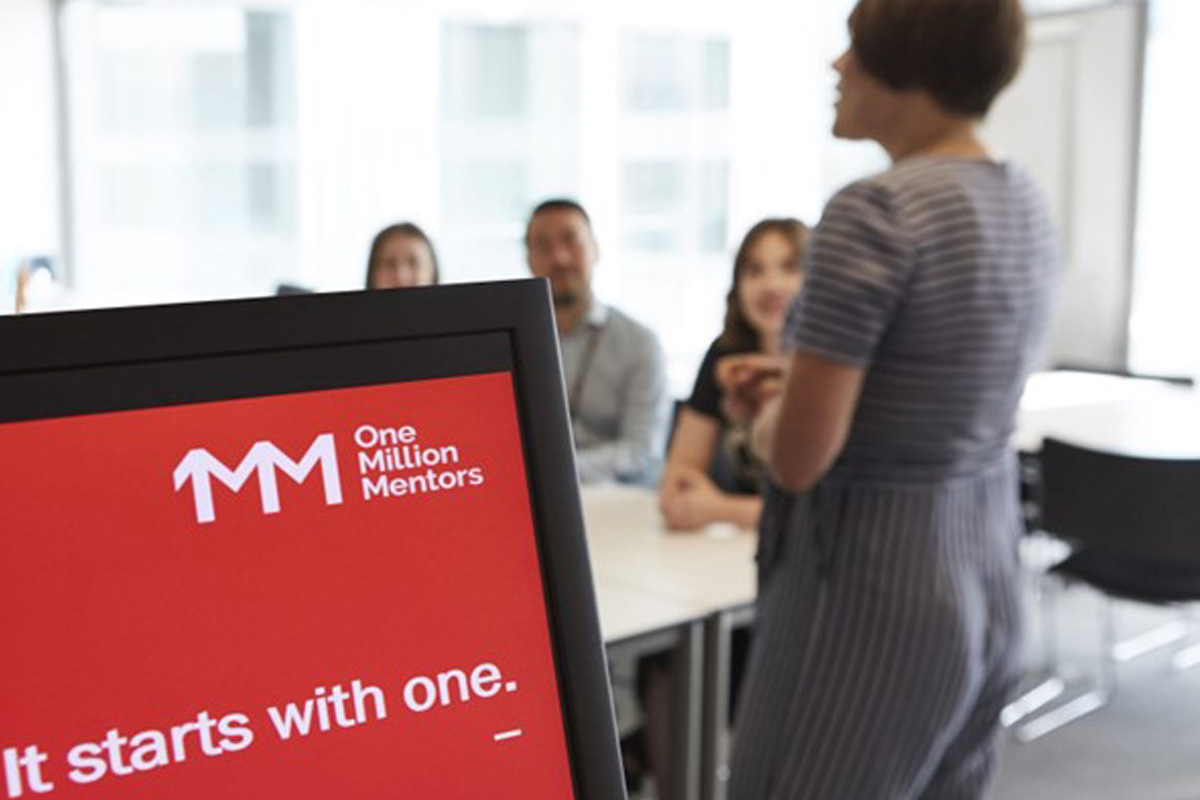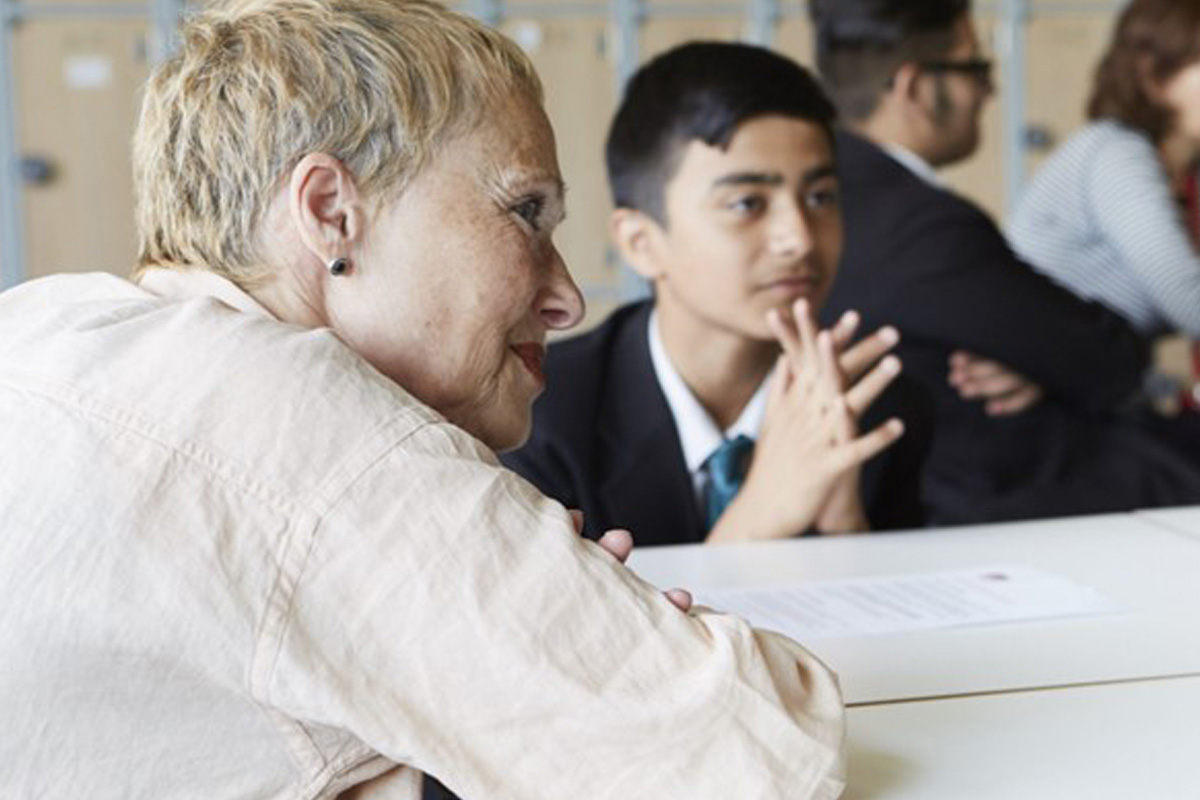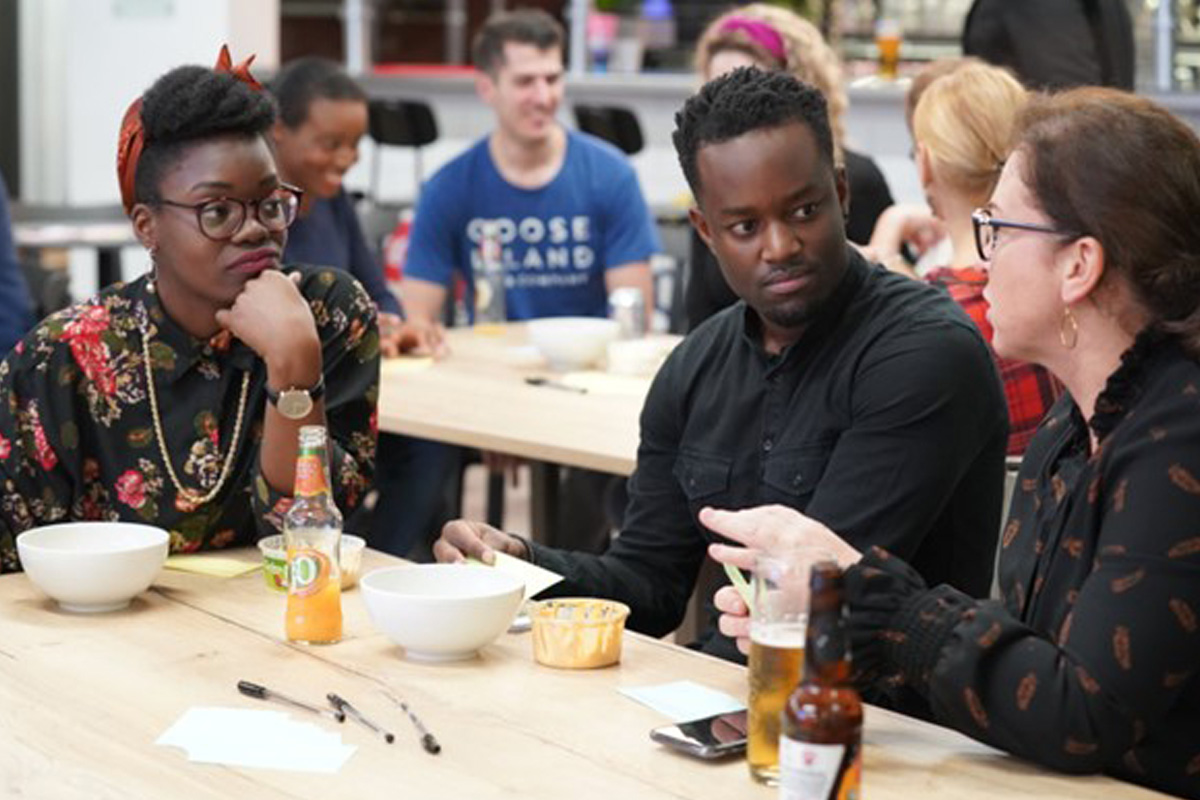Photos courtesy of 1MM
One Million Mentors (1MM) is a community-based mentoring project that was founded on the belief that through personal, one-to-one mentoring, more young people can grow the knowledge, networks, skills and confidence they need to succeed. They work with mentors and mentees from diverse and underrepresented backgrounds and connect people across traditional boundaries to engage in meaningful relationships, challenge perceptions and widen horizons.
The research enabled 1MM to make informed, strategic decisions about the most advantageous model while scaling up their mentoring opportunities.
The Project
Prior to the pandemic, 1MM provided mentoring in schools, colleges, universities, and for employment programmes for 14 – 25 year olds. When the pandemic hit, 1MM had to quickly pivot its model and develop a virtual mentoring offer. Mobilise was appointed to undertake an evaluation that was designed to explore the advantages and disadvantages of in-person and online mentoring with a view to supporting 1MM to make decisions for the future about the most advantageous mentoring model going forward. The outcome of this work was a clear steer as to how a blended approach to mentoring would offer ‘the best of both worlds’ in which a relationship can be built face-to-face, with mentoring also taking place online for greater efficiencies.
Mobilise was recommissioned in 2022 to further explore the effectiveness of different mentoring models by supporting a group of young people to review how well the Manchester Mentoring Network was meeting the goals and needs of beneficiaries. From this, we were able to support 1MM to develop their mentoring offer by identifying best practice, lessons that could be learned, establishing quality mentoring standards and recommending ways in which the mentoring ecosystem could be strengthened.
Our Approach
As the evaluation took place during the pandemic all the work took place remotely. We worked with mentors, mentees, youth partners and the 1MM team. The fieldwork involved focus groups with mixed groups of mentors and mentees, a group of mentees only and individual interviews with both mentees and youth partners. Alongside a document review, and our work with the 1MM team, we used a combination of individual and group research options to help reduce bias such as peer pressure on focus group participants.
Impact
The research and analysis we provided enabled 1MM to make informed, strategic decisions about the most advantageous model while scaling up their mentoring opportunities.



